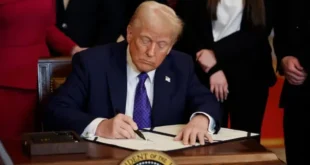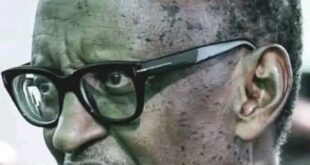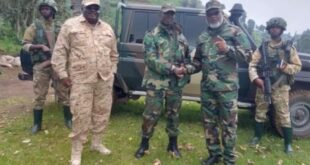By: President Yoweri Museveni
A follower identifying himself as Mwoyo Gwa Gwanga declares how he is not against Banyankore but only against Banyarwanda like myself.
He is also wondering whether Banyarwanda are an “official” tribe of Uganda. First of all, I am not a Munyarwanda.
I am a Musiita and my mother is Mweene Rukaari and you can go to the beginning of creation, you will not find any Bunyarwandism in me.
However, it would not have mattered if I was a Munyarwanda.
The NRM talks of Africa, not just the small tribes or even just Uganda. We want the unity of East Africa, of Africa. Moreover, at a personal level, I have many Banyarwanda relatives by marriage. Yes, the Banyarwanda are one of the indigenous tribes of what became Uganda.
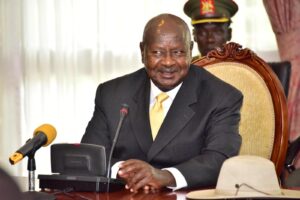
Why? Two reasons. One reason is that a part of Rwanda, Kisoro, was put in Uganda by the colonial borders. They are indigenous Ugandans and they are Kinyarwanda speakers (Kifumbira).
Secondly, a part of Mpororo, Omutara, was put in Rwanda by the Colonial borders. A number of Bahororo clans actually have their origins in Omutara: The Bagina from Kichwamba, the Bakimbiri from Rutuungu, etc. There are other clans like Bakurungu, Baturagara etc. who are said to originate from Omutara; then, the area near Katuna is occupied by Abakiga.
Therefore, those who waste their time trying to find which Samia is from Kenya, which Mukoonjo is from Congo, which Alur is from Congo, which Kakwa is from Congo or South Sudan, which Madi is from South Sudan, which Acholi is from South Sudan, which Karimojong is from South Sudan, which Sabiny is from Kenya, which Mugisu is from Kenya, which Munyankore or Rakaian is from Karagwe or Buhaya in Tanzania, are not part of our Pan-African vision. Since time immemorial, these peoples have always interacted in spite of the myopic chiefs that fomented wars among out people.
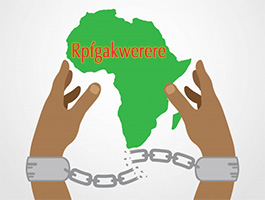 Africa Just another WordPress site
Africa Just another WordPress site
